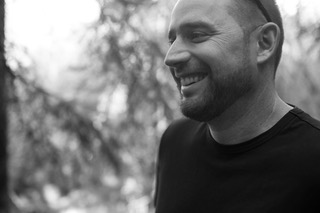It’s that time of year when young wildlife begins to emerge, and there is nothing more heartwarming than to see a new fawn or baby hare, but they need to be left alone, except in very rare instances.
When young fawns and baby hares (jackrabbits) are born, they have no scent, so they are better camouflaged from predators. The mother will leave her young alone throughout the day deliberately, returning only to quickly feed them, so she does not attract predators to their location. Hares are born fully furred and with their eyes open. Within a day of being born, they are able to move around on their own easily. If you find fawns or baby hares alone and uninjured, don’t worry! It is perfectly normal.
Does will naturally move their young if they sense danger, so natural predators in the area like coyotes are no reason to move fawns, they are naturally camouflaged by being scentless and remaining still.
If you are unsure if a young animal needs help, please call us before intervening! Don’t become an accidental kidnapper!
Myth-Busting
Mother deer and hares will not reject their young if there is human scent on them. All too often, perfectly healthy wildlife are mistakenly thought to be orphaned, when in fact their mother is still caring for them.
What You Can Do
If you find a baby hare in the road, in a window well, or accessible to potential threats (e.g., domestic dogs or cats), it is okay to pick them up and put them in a safe spot close to where you found them.
Leave any fawns exactly where you found them unless they are directly in harm’s way (e.g., near a busy road).
If you pick up a baby hare or fawn and are worried your scent will attract predators (such as cats and dogs), you can gently rub them with grass to remove some of your scent.
Signs a wild animal needs help:
- They are obviously injured
- The mother is confirmed deceased
- They have not been cared for in over 24 hours and are crying out.
Are you interested in learning more about the Bragg Creek Wild Country? Email bcawcorridor@gmail.com or call 403.200.9901
Have questions concerning injured or orphaned wildlife? Call the Wildlife Hotline: 403-946-2361.
Source: Alberta Institute for Wildlife Conservation




















